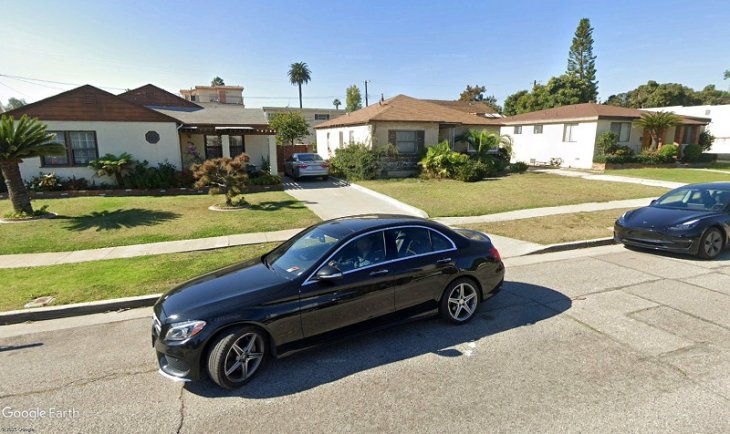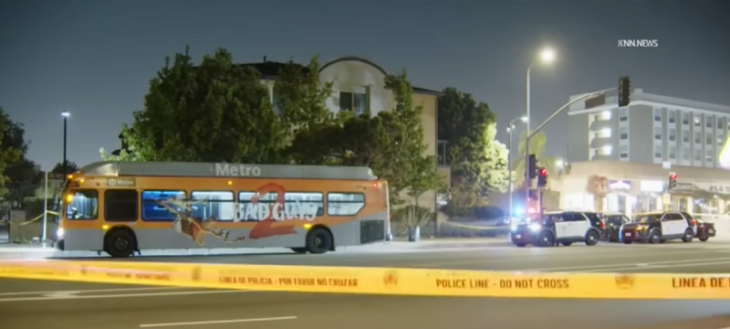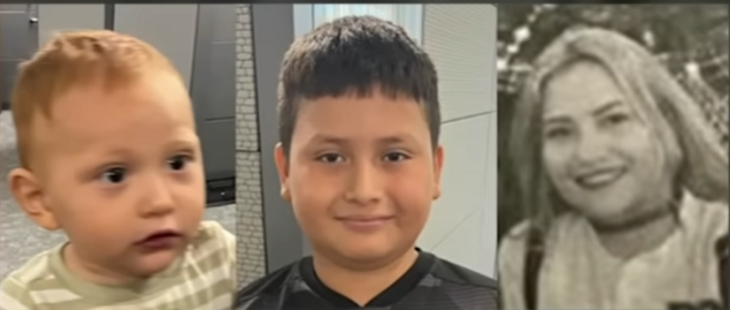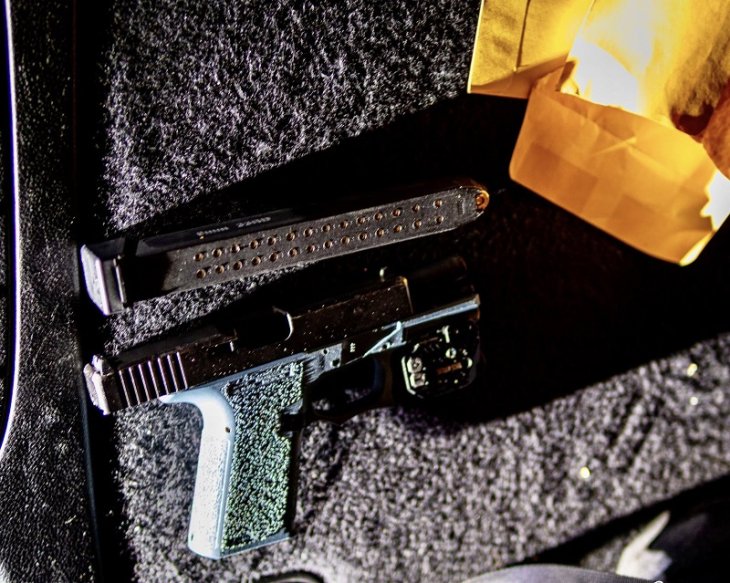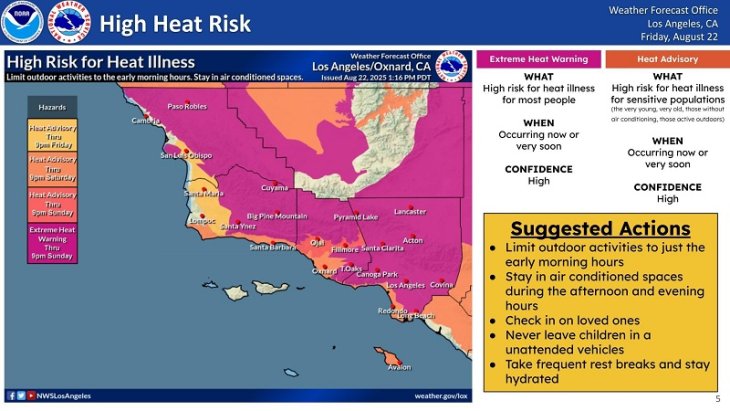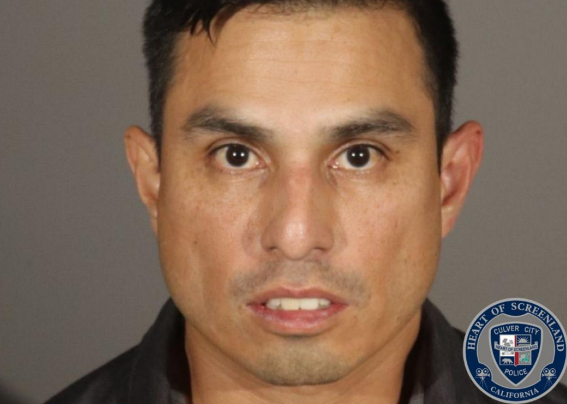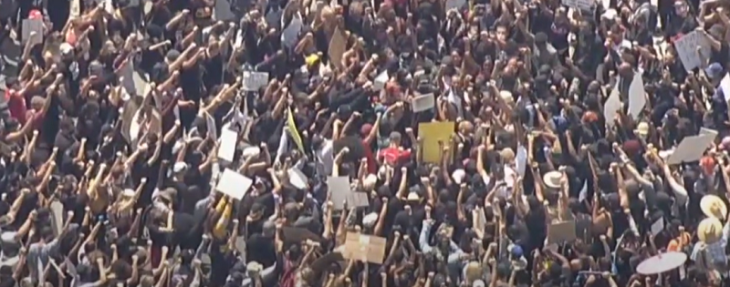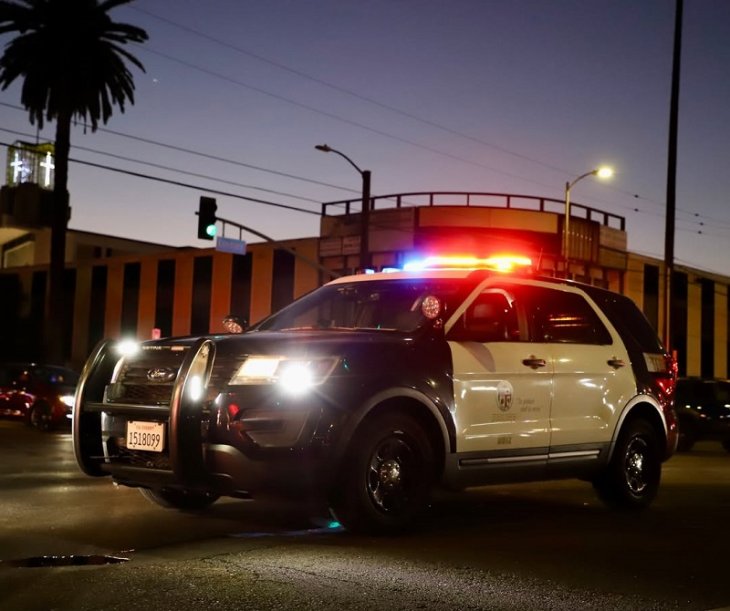
The race for one of two open seats on the Los Angeles County Board of Supervisors intensified in the days before today’s election, turning into a three-horse race to represent Westside and San Fernando Valley residents.
Former state Sen. Sheila Kuehl, Kennedy scion and former Santa Monica Mayor Bobby Shriver and West Hollywood Councilman John Duran all have significant backing. Shriver and Kuehl had split key endorsements in what was widely viewed as a duel between them for the seat, until last week, when Los Angeles Mayor Eric Garcetti and Supervisor Gloria Molina stepped up to endorse Duran.
Kuehl got the nod from the Los Angeles County Democratic Party, women’s political action committee EMILY’s list and the Sierra Club, while Shriver has picked up support from the Los Angeles Area Chamber of Commerce, several Westside homeowners associations and political powerbroker David Geffen.
Supervisor Don Knabe backed Shriver, while Los Angeles City Council endorsements were split fairly evenly between the two: Councilmen Tom LaBonge, Paul Krekorian and Mitchell Englander are supporting Shriver, while Councilmen Bernard Parks, Mike Bonin and Gil Cedillo and Councilwoman Nury Martinez and former Councilman Bill Rosendahl are behind Kuehl. Councilman Paul Koretz supports Duran.
Molina, who has endorsed Hilda Solis to fill her own First District seat, said a win for Duran could secure two Latino seats on the board.
“Latinos make up close to 48 percent (of the county population) — yet, to date, just one Latino has served on the Board,” Molina said. “John Duran represents a younger generation of leadership, one which will reinvigorate the Third District and Los Angeles County as a whole.”
Supervisor Zev Yaroslavsky, who has represented the Westside for 20 years, will term out in December. He has not endorsed a successor to lead the roughly 2 million residents who live in affluent communities such as Beverly Hills, Pacific Palisades and Malibu, as well as much of the San Fernando Valley.
Shriver and Kuehl have far outstripped Duran in fundraising, collecting nearly $1.9 million and $1.2 million to Duran’s roughly $400,000. Shriver has contributed $1 million to his own campaign and raised the balance through individual donations capped at $300 each under campaign finance laws.
Former Malibu Mayor Pamela Conley Ulich, public watchdog Eric Preven, tutor Yuval Kremer, environmentalist and automotive technician Doug Fay and film lighting technician Rudy Melendez are also running, but with little in the way of funding or big-name endorsements.
Ulich had raised just under $10,000 as of the May 17 filing, and the four other candidates lagged farther behind, with at least one choosing not to accept contributions at all.
It is a non-partisan race, however; all three top contenders are Democrats and share a progressive agenda and history of activism.
Kuehl highlights her policy work and experience in state government as critical to the role of running the county. The first openly gay or lesbian member of the Legislature, Kuehl served in the Assembly for six years and then as a senator for eight more. She has fought for legislation to protect victims of domestic violence, establish paid family leave and safeguard the environment, among other efforts. Her priorities for L.A. County are affordable health care, improving the child welfare system and creating a countywide public transit system, according to her campaign.
Shriver, a nephew of the late President John F. Kennedy, stresses his work on homelessness and cleaning up Santa Monica Bay and also sees his entrepreneurial experience as key to managing the county and its $26 billion budget. Together with Bono of the rock band U2, Shriver co-founded the nonprofits DATA, ONE and (RED) to fight poverty and disease in Africa. He said his focus as supervisor would be on expanding transit options, job creation and water cleanup and conservation.
Duran points to his 12 years on the West Hollywood City Council and that city’s strong financial position as evidence that he has the right skill set for the supervisor’s job. As a civil rights attorney, he worked to protect the rights of those with HIV and AIDS and has been a leader on LGBT issues, including marriage equality, serving on the board of the nonprofit Equality California from 2001 to 2008. His campaign statement positions him as a fiscal watchdog for the county, with a focus on transportation and public safety.
In debates and interviews, the three have agreed on many issues, including the need for more housing for homeless veterans, support for a citizens’ commission to oversee the Sheriff’s Department and interest in revisiting the idea of a property tax fee to fund storm water cleanup, a measure that failed to find enough votes from the incumbent board.
They have clashed on their vision for the region’s public transportation system, with Kuehl talking about trying to find an alternative to tunneling under Beverly Hills High School to build the Purple Line extension to the Westside. Both Duran and Shriver said they view that plan as a fait accompli critical to maintaining $2.1 billion in federal funding for the project.
The candidates are not above taking jabs at one another.
“(Voters) have to make a decision between a 73-year-old legislator who served in Sacramento, a millionaire (who’s not from Los Angeles) … or me,” the 54-year-old Duran told the Los Angeles Register last week. “I think ‘me’ has got a good chance.”
Kuehl has implied that Shriver, 60, is a lightweight, while Shriver positions himself as an innovator to a stodgier Kuehl.
“County supervisor is not an entry-level job,” Kuehl told the Los Angeles Times earlier this year. “You really need some understanding, knowledge and experience. … It’s much more complicated than being a part-time city council member.”
“I’m Mac and she’s PC,” Shriver told the New York Times.
There has been finger-pointing over campaign finances as well. Shriver has been criticized by his rivals for self-financing his war chest, while Kuehl has taken heat for accepting $75,000 from the California Nurses Association.
The top two vote-getters will head to a November run-off, unless one candidate manages to pull in a majority of votes.

